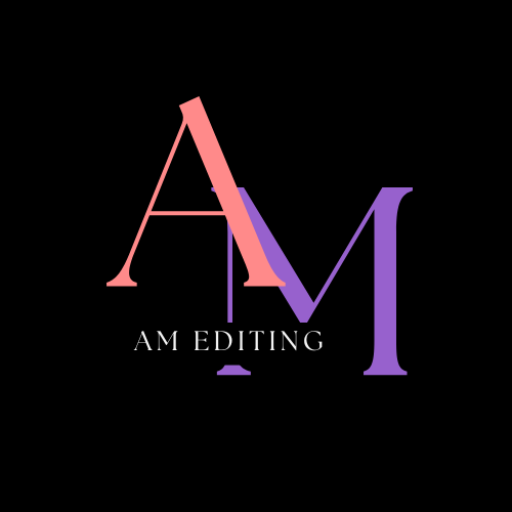
$0.033 per word

Developmental editing, often referred to as substantive editing or content editing, is a comprehensive and in-depth process of editing a manuscript or written work to improve its overall structure, content, and organization. The primary goal of developmental editing is to help authors shape and refine their work, ensuring that it is coherent, engaging, and effectively conveys the intended message or story. This editing stage typically occurs early in the writing process and may involve significant revisions to the text.
Key aspects of developmental editing include:
- Plot: The editor assesses the manuscript’s plot and ensures that all plotlines are well-developed, resolved satisfactorily, and contribute meaningfully to the overall story.
- Structure and Organization: Developmental editors examine the manuscript’s structure, ensuring a clear beginning, middle, and end.
- Character Development: In fiction, developmental editors pay attention to character depth, consistency, and motivation. They may suggest ways to ensure that characters are relatable and multi-dimensional.
- Style and Tone: Editors may work with the author to refine the writing style and tone to better suit the target audience and intended tone of the work.
- Clarity and Coherence: Developmental editors ensure that the text is clear, logical, and free from inconsistencies. They help authors avoid confusing or contradictory information.
- Pacing: They manage the rhythm of the narrative to maintain reader engagement, avoiding sections that feel too slow or rushed.
- Reader Engagement: Editors consider the manuscript’s overall appeal to readers. They may offer suggestions to adapt the content to resonate with the target audience, making it more engaging and relatable to readers.
It’s important to note that developmental editing is distinct from other types of editing, such as copy editing (which focuses on grammar, punctuation, and sentence structure) and proofreading (which involves checking for typos and formatting errors). Developmental editing addresses the “big picture” elements of a manuscript and is crucial for refining a work into a polished and well-structured final product.

Ready to turn your manuscript into a novel?
Fill out my contact form, and I’ll get back to you within two business days!
